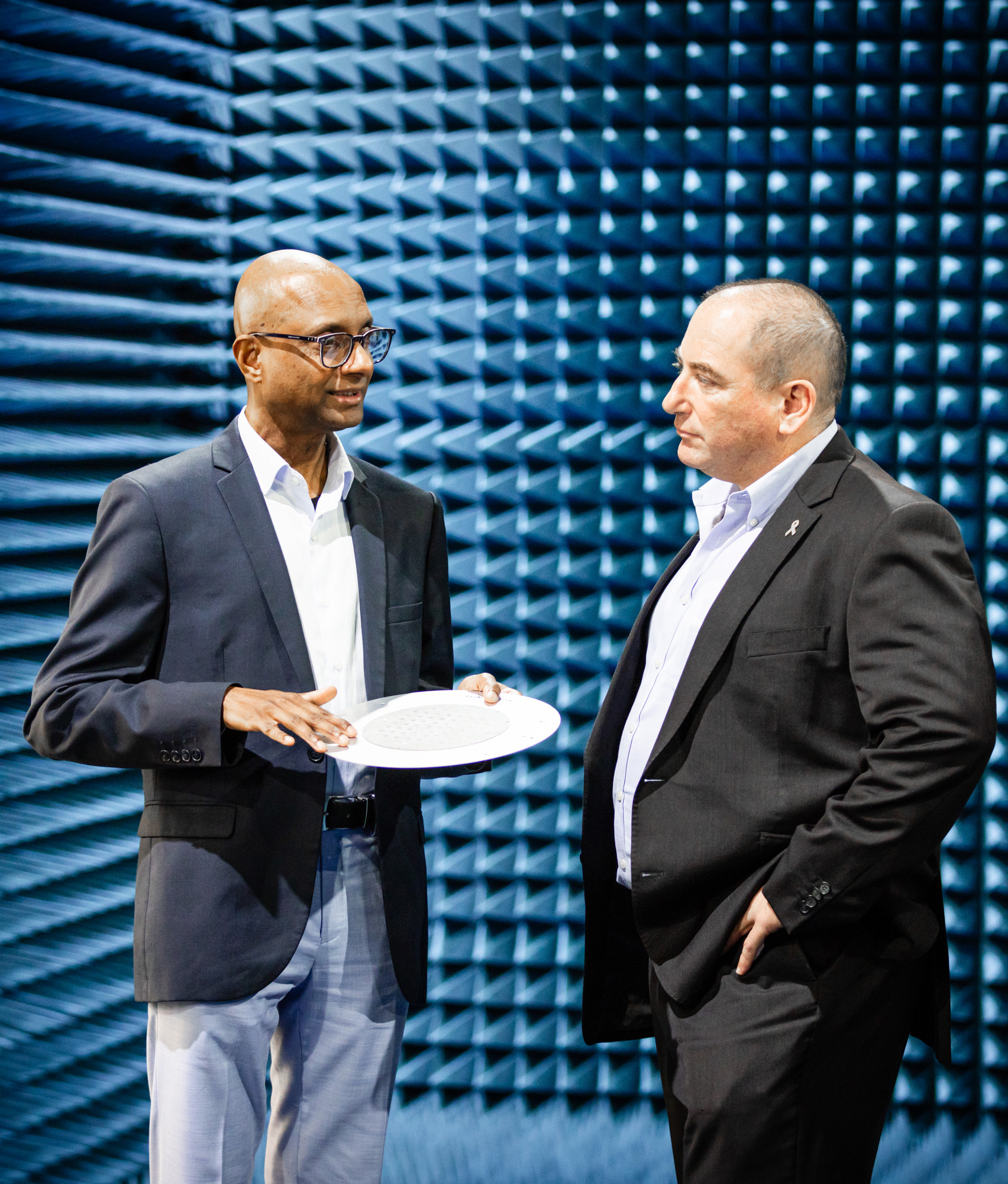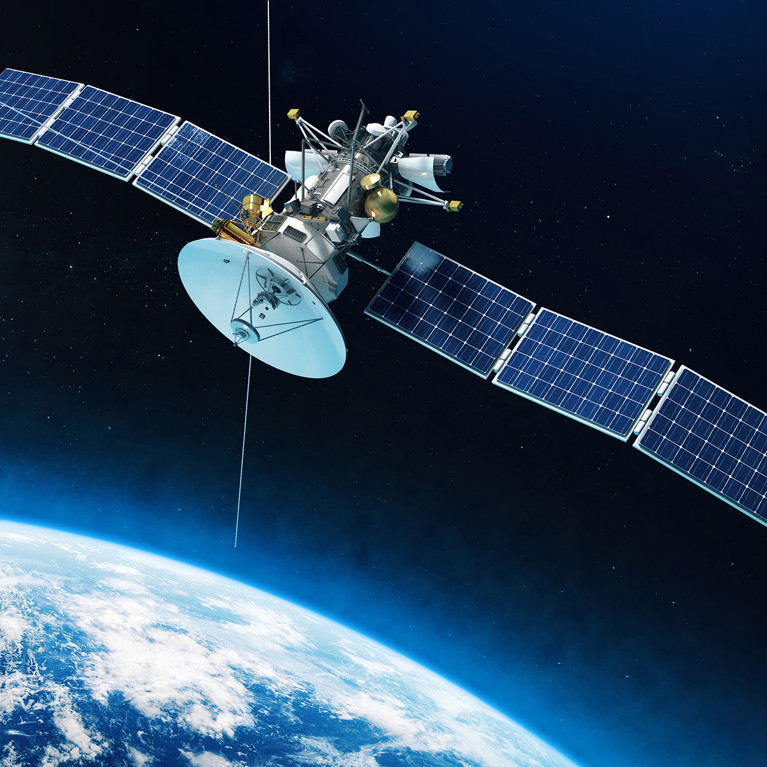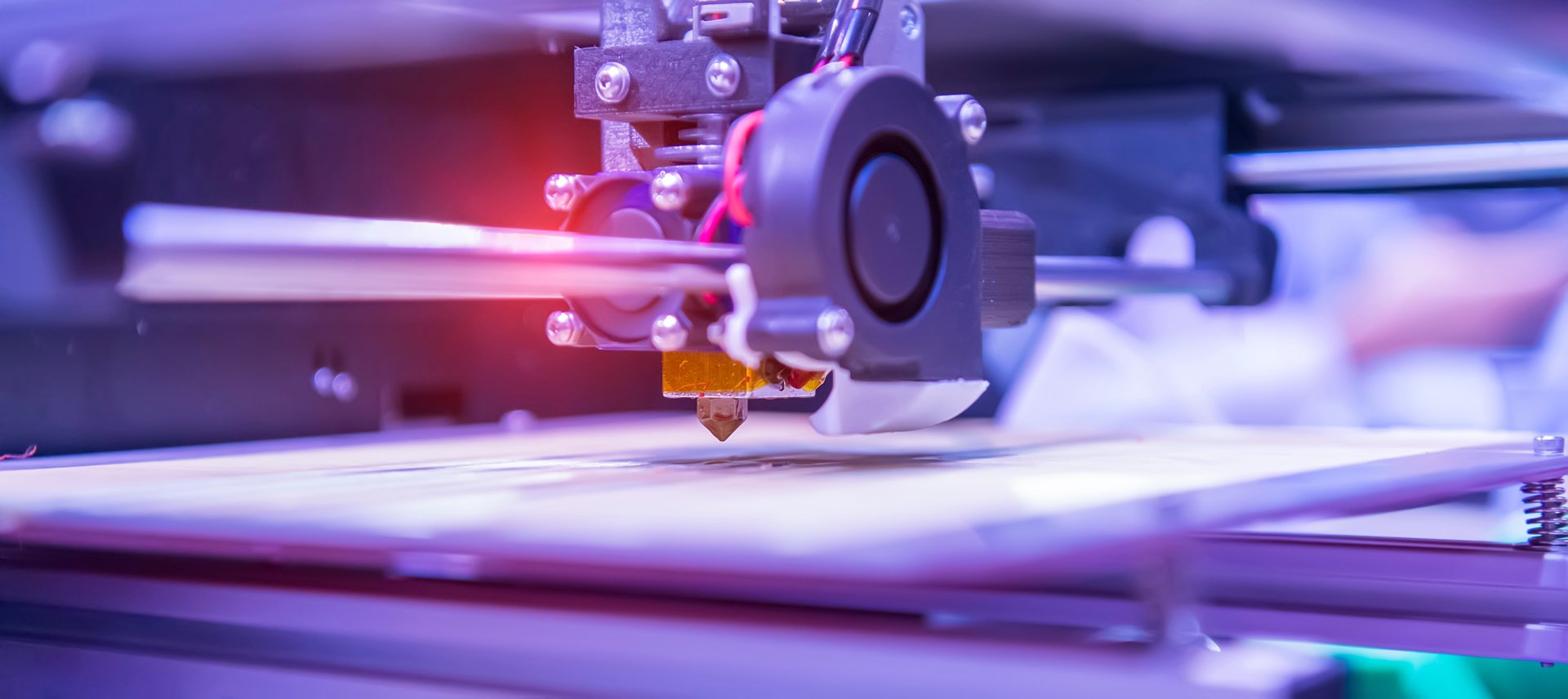- Posted on 29 May 2025
- 4 minutes read
A team building a low-cost satellite terminal for regional Australia and scientist using artificial intelligence to improve bushfire resilience have been celebrated at the Australian Space Awards 2025.
UTS researchers walked away from a ceremony held in Sydney yesterday with two awards. The Australian Space Awards are held each year to recognise Australia’s top space industry professionals and businesses.
The BeSAT100 partnership was awarded Academic Team of the Year and Dr Arnik Abdollahi was awarded Rising Star Enterprise.

Academic Research Team of the Year
Australian-first antenna technology is behind a satellite terminal that provides affordable and reliable internet connection to even the remotest communities.
The BeSAT100 satellite communications terminal, believed to be the world’s most energy efficient of its kind, has a compact flat-panelled antenna system that can operate off-grid on a portable battery.
Led by UTS Distinguished Professor Karu Esselle and David Benchoam, General Manager of radio technology company Benelec, the team developing the technology was awarded the Academic Research Team of the Year.
“Together, we’ve built a satellite terminal that can be transported and set up within hours to provide reliable connection through a low Earth orbit satellite network making it ideal for isolated communities or for emergency response,” says Professor Esselle.
“It’s a great honour to have our team recognised for their great work in developing an innovative world-class technology solution for Australian conditions.”

Rising Star of the Year Enterprise
A research scientist specialising in informatics, artificial intelligence and earth and space science, Dr Arnik Abdollahi has been using Earth observation technology and AI for bushfire resilience and agricultural livestock management.
His research has delivered new tools using responsible use of AI in environmental monitoring and influenced national strategies for remote sensing and bushfire risk management, as well as working on AI-powered grazing planner to support sustainable livestock farming amid climate change and bushfire threats.
“I work to help Australian communities and livestock producers make better decisions when faced with challenges like bushfires. Tools that use Earth observation with AI can be critical in helping us to do this,” Dr Abdollahi says.
“I am also honoured to be recognised by the judges at the most prestigious space awards in the country.”
About the Australian Space Awards
The Australian Space Awards has become the benchmark for excellence in Australia’s growing space industry, celebrating the contributions of the sector’s best and brightest who are propelling industry to new heights.
This year’s winners were selected using a robust judging criteria that is both quantitative and qualitative, acknowledging growth, business development, diversity, leadership, innovation, business excellence, and contribution to Australia’s space sector.






